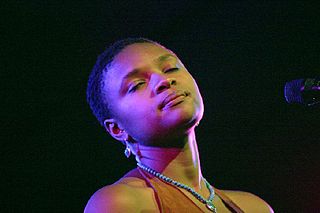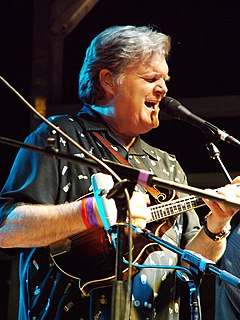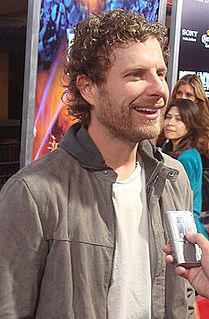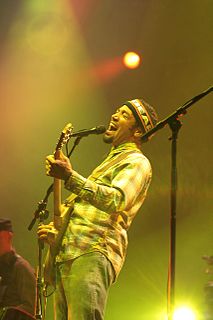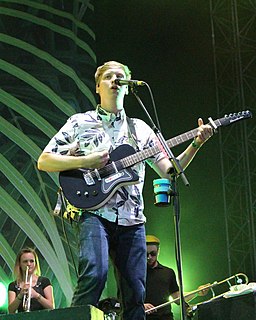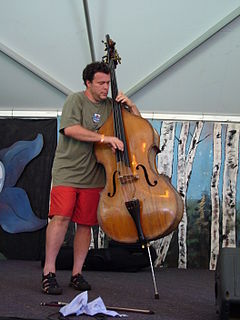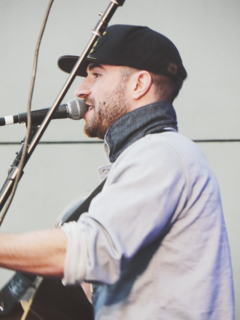A Quote by Chris Stapleton
We have that storytelling history in country and bluegrass and old time and folk music, blues - all those things that combine to make up the genre. It was probably storytelling before it was songwriting, as far as country music is concerned. It's fun to be a part of that and tip the hat to that. You know, and keep that tradition alive.
Related Quotes
I read a lot - surveys of vernacular music. A lot of it is the Harry Smith Anthology of American Folk Music, which I've loved since I was in high school. They had it at the library and I always thought that was interesting, even when I was into punk and stuff. Just the history of storytelling and the amount of melancholy a lot of old music has.
If you listen to all of my records, they all have a little part of me. So there's a part of me that's very bluegrass-y, and incredibly country, because I grew up on a farm in Missouri - I grew up singing country music. I started in bluegrass - but then there's also so many other sides of me - really pop.
Bill Monroe spoke of bringing 'ancient tones' into his music with echoes of British and Irish fiddle and bagpipe music, while also delving deeply into American blues, gospel, folk hymnody, and hill country dance music. To that gumbo, he added the invigorating rhythms and harmonies of hot jazz. It was a new kind of American music, named in honor of his band The Blue Grass Boys to be known, simply, as bluegrass.
In terms of exploring an identity in the country music world, what I realized very quickly was that there are people who have been performing country music since they were kids. It's very much a part of who they are; very much that jazz and blues are a part of who I am, because I grew up listening to and playing that kind of music.
In order to understand the history of the banjo, and the history of bluegrass music, we need to move beyond the narrative we've inherited, beyond generalizations that bluegrass is mostly derived from a Scotch-Irish tradition with influences from Africa. It is actually a complex Creole music that comes from multiple cultures.
Most of the music I've become interested in is hybrid in its originsClassical music, of course, is unbelievably hybrid. Jazz is an obvious amalgam. Bluegrass comes from eighteenth-century Scottish and Irish folk music that made contact with the blues. By exploring music, you're exploring everything.

